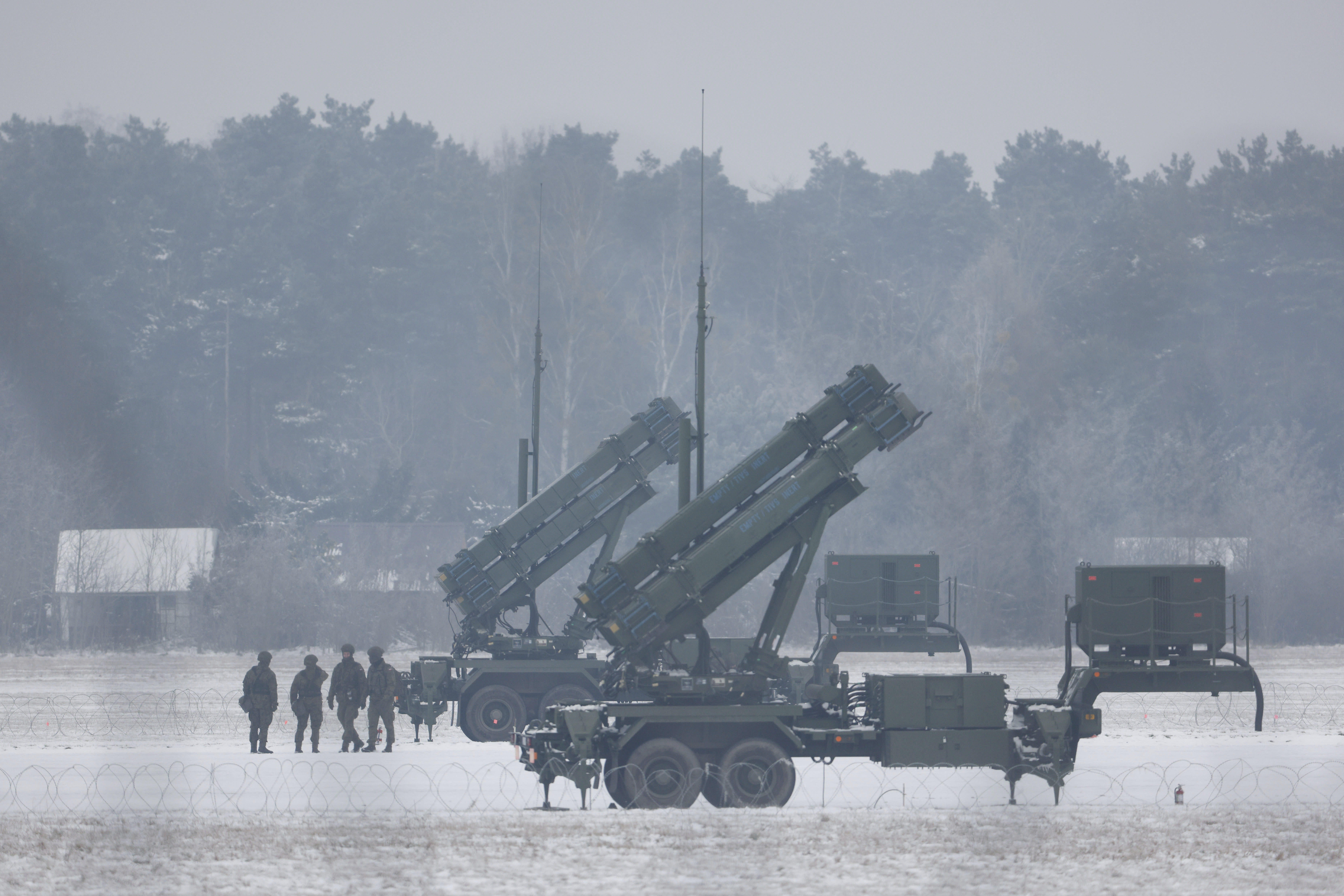The Price of Peace: Europe's Potential $90 Billion Security Bill
 The Tech Times
The Tech Times
In a world where diplomacy often mirrors a high-stakes game of chess, the dynamics between Europe and the United States over security in Ukraine have taken a particularly transactional turn. Former President Donald Trump's approach to foreign policy was marked by a stark departure from traditional alliances, favoring deals that would benefit the U.S. economically. This transactional diplomacy could now see Europe potentially forking out up to $90 billion to secure American military assistance in deterring Russian aggression in Ukraine.
The demand for such an exorbitant fee underscores the evolving geopolitical landscape, where the cost of peace is measured not just in diplomatic efforts but also in tangible financial commitments. This situation reflects a broader trend of the U.S. reassessing its global military commitments and pressing allies to shoulder more of the financial burden.
Historical Context: The U.S. and European Security
Historically, the United States has played the role of a security guarantor for Europe, especially during and after the Cold War. The establishment of NATO in 1949 was a pivotal moment, aimed at countering the Soviet Union's influence and providing a collective defense mechanism for Europe. For decades, the U.S. presence in Europe was seen as a stabilizing force, deterring potential aggression from the East.
However, the post-Cold War era has seen significant shifts. The dissolution of the Soviet Union reduced the immediate threat to Western Europe, leading some to question the necessity of a strong U.S. military presence. Yet, the rise of Russia under Vladimir Putin and its aggressive actions, such as the annexation of Crimea in 2014, have reignited concerns over security in Eastern Europe.
The Trump Doctrine: A Legacy of Transactional Diplomacy
Trump's presidency was characterized by a clear message to U.S. allies: pay up or face reduced American support. This was most evident in his approach to NATO, where he consistently criticized member countries for not meeting the alliance's defense spending target of 2% of GDP. Trump's doctrine was less about ideological commitments and more about financial contributions, a stance that often put him at odds with traditional allies.
In the context of Ukraine, this approach translates into a stark choice for Europe. Faced with the prospect of Russian expansionism, European nations may find themselves compelled to finance U.S. military support to ensure regional stability. This potential $90 billion bill represents not just a financial challenge, but also a test of Europe's ability to unify in the face of external threats.
The Implications for Europe
For Europe, the implications of such a financial commitment are profound. It challenges the continent to reassess its defense strategies and the sustainability of relying heavily on U.S. military might. This situation could spur increased investment in Europe's own defense capabilities, aligning with the European Union's long-term goal of strategic autonomy.
Moreover, it raises questions about the future of transatlantic relations. While financial transactions may secure short-term security, they risk undermining the deeper alliances built on shared values and mutual trust. Europe's reliance on U.S. military support, if overly transactional, could erode the foundations of NATO and alter the geopolitical balance.
Conclusion: Navigating a Complex Security Landscape
As Europe faces the potential of paying billions for peace, it stands at a crossroads. The decision to finance U.S. military support is not just a financial one but a strategic choice that will shape the future of European defense policy and transatlantic relations. In navigating this complex landscape, Europe must balance immediate security needs with long-term strategic autonomy.
The ongoing situation in Ukraine serves as a stark reminder of the challenges in maintaining peace in an ever-changing geopolitical environment. As the world watches, Europe must decide whether to accept the transactional terms set forth or to forge a new path towards a more self-reliant defense strategy.
Source: Limited options may force Europe to pay US for security in Ukraine
Subscribe to my newsletter
Read articles from The Tech Times directly inside your inbox. Subscribe to the newsletter, and don't miss out.
Written by
